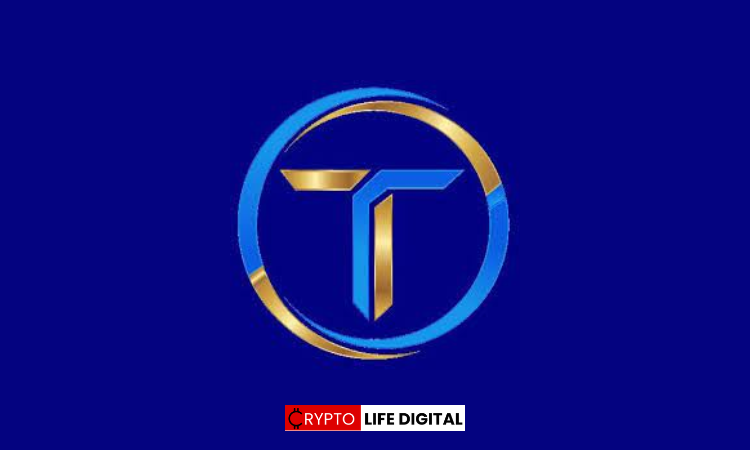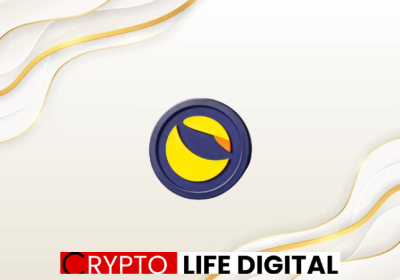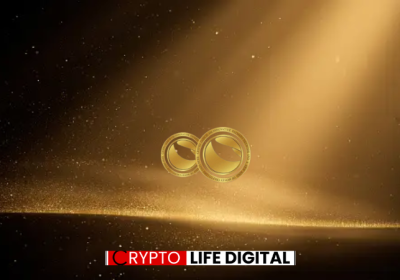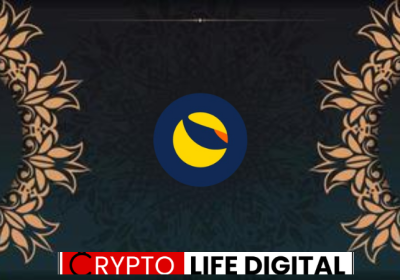Terraport Relaunches DeFi Platform After Recovery from Hack

TerraCVita’s Terra Classic (LUNC) development group has successfully relaunched its decentralized finance (DeFi) platform, Terraport, three months after a devastating attack resulted in the loss of billions of LUNC in user funds. The relaunch was announced today by the Terraport team via their official Twitter handle, marking a significant milestone in their recovery efforts.
Read Also: Shiba Inu (SHIB) Witnesses Surge in New Daily Addresses Despite Price Fluctuations
UPDATE:
🔘Signal acquired.
🔘Connection stable.
🔘Terraport Staking and Vesting are online.🟢Desktop version: Avaiable
🟠Mobile version: Pending release updated Terra Station🔗https://t.co/r0x1FB14nn pic.twitter.com/13eXY9PzXc
— Terraport Finance (@_Terraport_) July 7, 2023
Defi Platform relaunch signifies total recovery from the recent hacks
The revamped Terraport protocol begins its relaunch by reopening the staking and vesting functionalities, as stated in the official announcement. Users can now participate in vesting and staking activities using TERRA, the native token of the Terraport protocol. The team encourages users to take advantage of this opportunity to claim and stake their TERRA tokens, as mentioned in a message within the TerraCVita Telegram group.
Read Also: Binance CEO Responds to Rumors of Employee Departures Amid Regulatory Investigations
The staking section of the platform offers up to six staking plans with varying annual percentage rates (APR) ranging from 16% to 100%. Users can earn a higher APR by locking up their tokens for longer periods. For instance, a lockup period of 14 days yields an APR of 16%, while a lockup period of 720 days provides an APR of 100%. Currently, users have already staked over 36.16 million TERRA tokens, indicating a positive response to the relaunch.
The terraport team promise to bring out the mobile version of the Defi protocol
While the relaunch primarily focuses on the desktop version of the protocol, the team has acknowledged that the mobile version is still pending release. Therefore, users are advised to claim and stake their tokens using the available desktop version. The team has also recently unveiled their updated roadmap, outlining their plans to navigate the post-hack conditions.
According to the roadmap, the reopening of staking and vesting, which has now occurred, was the first milestone. In July, Terraport plans to introduce a governance forum, providing users with a platform to participate in decision-making processes. The roadmap further reveals that Terraport v2 is expected to launch in August, subject to the completion of a code audit by CertiK. However, concerns have been raised as the audit process remains at 85% completion.
August will witness the reopening of the swap section and the initiation of the plan to refund liquidity providers. Additionally, a dedicated section for developers will be launched, aiming to encourage participation from the developer community. The roadmap culminates in September with the release of governance features and the launchpad, providing users with enhanced control over the Terraport ecosystem.
The Terraport relaunch signifies a significant step towards recovery for TerraCVita and the Terraport team. By prioritizing the restoration of key functionalities and outlining a comprehensive roadmap, they demonstrate their commitment to rebuilding trust within the community and reinforcing the security of the platform. As the Terraport ecosystem continues to evolve, stakeholders eagerly await the upcoming milestones and developments in the months ahead.
Follow us on Twitter, Facebook, Telegram, and Google News.

Dr. Olajide Samuel juggles the demands of medical studies with a passion for cryptocurrency. A seasoned blogger, Olajide shares his vast global knowledge of the crypto space, offering insights to enthusiasts. Despite his busy schedule, his commitment to crypto remains strong, and he actively seeks ways to contribute to its future.










